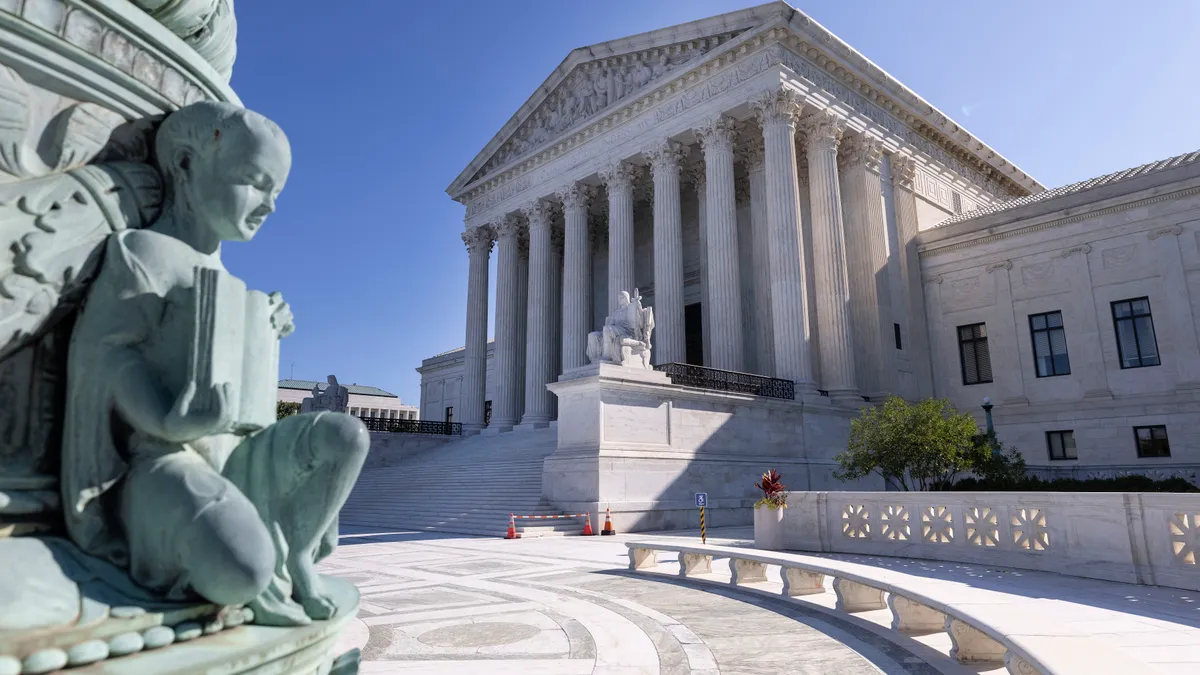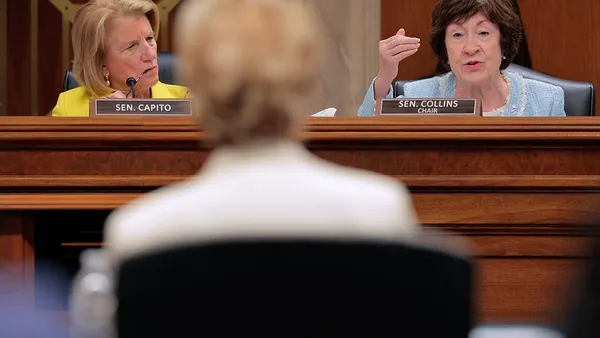The U.S. Supreme Court on Tuesday declined to hear TJ v. Fairfax County School Board, a closely watched case challenging admissions policies at Virginia’s highly ranked Thomas Jefferson High School for Science and Technology.
The parent plaintiffs in the case contended that a 2020 admissions policy change aimed at diversifying incoming classes — in which the Fairfax County School Board agreed to weigh “experience factors” and to drop entrance exam and teacher recommendation requirements — resulted in an intentional and discriminatory drop in Asian American enrollment. Asian American students made up 73% of enrollment prior to the change, and fell to 54% in 2021.
The 4th U.S. Circuit Court of Appeals ruled in favor of the school board in May 2023.
Parents appealed that decision to the Supreme Court within two months of the justices striking down race-conscious admissions in higher education in a controversial case brought by Students for Fair Admissions against Harvard University and the University of North Carolina at Chapel Hill.
Despite striking down race-conscious admissions as unconstitutional, the majority opinion left the door open for admissions standards that don’t directly consider race when aiming to diversify enrollment.
In petitioning the high school case to the Supreme Court, the parents wrote that a “new species of racial discrimination has been spreading through some of our largest public school systems” that “takes the form of facially race-neutral admissions criteria intentionally designed to achieve the same results as overt racial discrimination.”
However, the court's rejection means that the admissions policy may continue.
"We have long believed that the new admissions process is both constitutional and in the best interest of all of our students," said Karl Frisch, Fairfax County School Board chair and Providence District representative in a Tuesday press release. "It guarantees that all qualified students from all neighborhoods in Fairfax County have a fair shot at attending this exceptional high school."
The fall 2023 freshmen class was 62% Asian American, 19% White, 6.7% Black and 6% Hispanic students.
Joshua Thompson, senior attorney for the Pacific Legal Foundation, which represented the parents suing the Fairfax County School Board, said in a statement that the Supreme Court "missed an important opportunity to end race-based discrimination in K-12 admissions."
The court’s decision not to hear the case follows multiple conferences held on the petition in recent months. To grant certiorari, four of the Supreme Court’s nine justices must agree to hear a case.
Dissenting from the court’s decision, Justice Samuel Alito, joined by Justice Clarence Thomas, wrote a scathing critique of the 4th Circuit's decision to uphold the admissions policy. In a 10-page dissent, they called the lower court's interpretation of the case “a patently incorrect and dangerous understanding of what a plaintiff must show to prove intentional race discrimination” and “a virus that may spread if not promptly eliminated.”
The high court's decision to deny certiorari in the case came without comment, as is usual when the court declines to hear cases.
However, it may not be the last time justices are asked to hear such a case.
Pacific Legal Foundation said that it plans to ask the Supreme Court in spring to hear a similar lawsuit, this time against Boston Public Schools. The district sought in 2019 to diversify incoming classes for its highly competitive “exam schools” and ultimately changed its admissions policies.









 Dive Awards
Dive Awards





